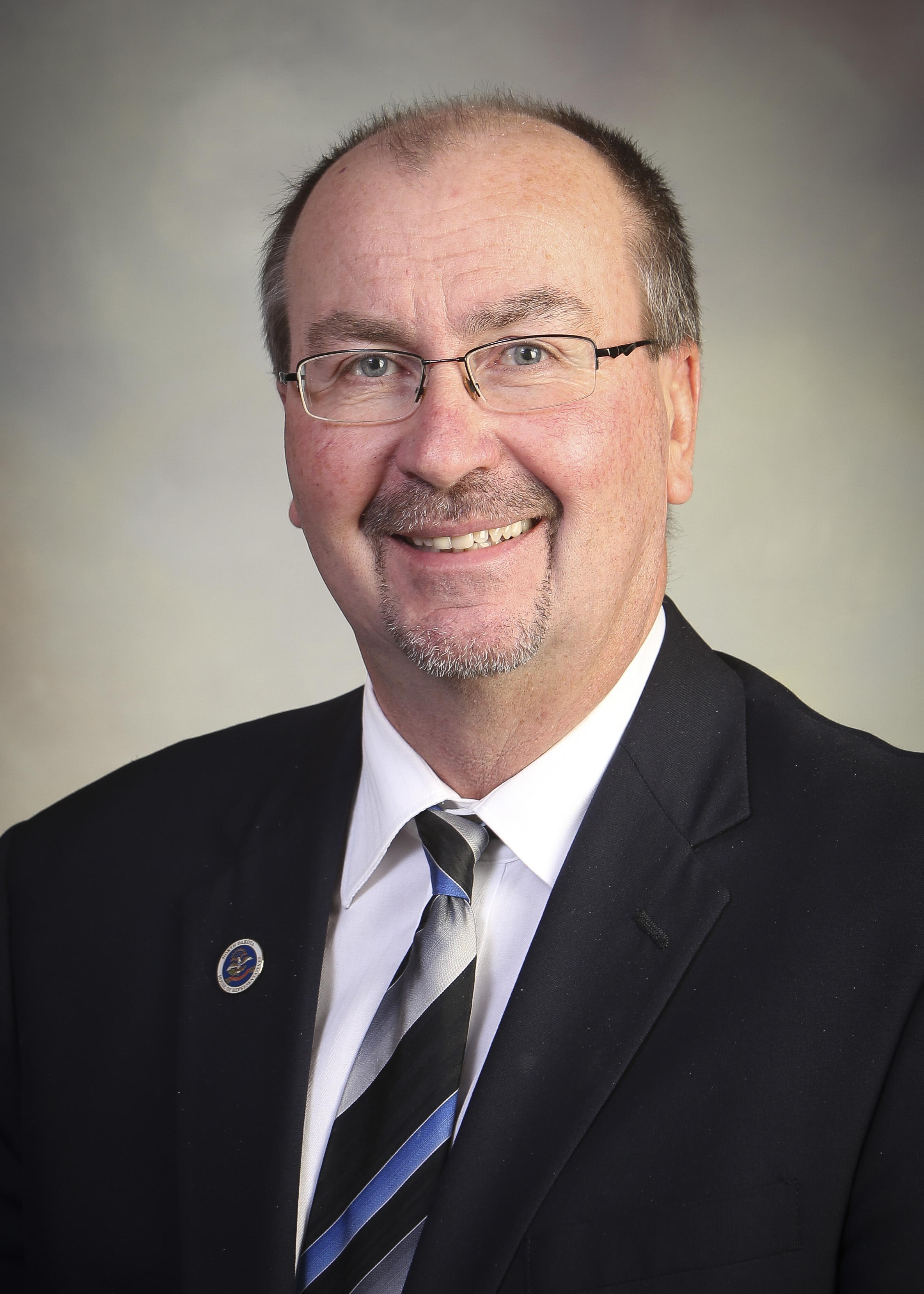-

-
Legacy Earnings Fund Committee Ongoing Efforts Q&A with Rep Pollert
On February 19 and 20th, the Legacy Earnings Committee will hold a Public Comment meeting in Watford City. Input from citizens and businesses will be gathered on what to do with the Legacy Fund, specifically the earnings. This is the second time a meeting of this nature has been held.
Previously, GNDC sat down with Senator Rich Wardner, committee vice-chair, to discuss his perspective on the committee work prior to the initial meeting. Recently, we visited with Representative Chet Pollert on the ongoing work and deliverables that can be expected.
GNDC: What is the purpose of the Legacy Fund Earning Committee?
Representative Pollert: The purpose of the committee is not to deal with the principal, I feel that the principal needs to get bigger, it is what do we do with the interest earnings off of that fund. We are looking for ideas on what we should be doing with it, what projects, and what should we be doing for future generations.
The next Legacy Fund Earnings Committee is Feb 19 and 20 – how will this meeting be formatted differently than the meeting in Fargo?
We are going to run a similar format in Watford City as we did in Fargo. We are going to ask for folks who have an idea present their ideas. We won’t turn anybody down, anyone can give ideas – it’s perfectly fine. Public testimony will begin at 6:50 PM and go to at least 8:00, we will go until 9, 9:30, if need be. The next day, the 20th, we are going to have Legislative Council talk about how much money is going out to the local political subdivisions that the oil money is going to. We will also review other proposals, including Representative Headland, Representative Delzer, and Senator Wardner.
We have been asked by our members what will be a deliverable from the work of the committee?
That is a good question; because, the House passed Representative Headland’s version of an income tax. I still feel the house supports that. Now has that waned? We’ll find out after the next election. I know Senator Wardner still wants to do something and I would say the Senate too wants to have a discussion on more dollars to local political subdivisions. I think you will see Representative Delzer have a discussion on the need for highway dollars. I think the state’s done a good job, for local political subdivision for highway construction, but we’ve kind-of forgot about the state’s portion. I think the Committee agrees when we look at the earnings that are coming in, and the principal balance, we should be doing a four to five-year average. That was advice given to us by Alaska. A 4% return using those dollars and then turning around and spending 3%, leaving 1% in a reserve fund. I do see maybe 2 or 3 bills or [potential] proposals coming out with maybe one passed. I honestly can tell you that there is a difference between what the House wants and what the Senate wants. I’m one of those people who believe we should start down the road of lowering income tax, I firmly believe that. I also believe that we should have a broader expansion of the infrastructure revolving loan program, but I’m not wild about those dollars going for highway construction. Highways last 5 or 8 years, at the best, or 10 – 12 years. I’m supportive of doing a loan program for water systems, sewer systems, something that’s going to be out there for 30-40 years. There are so many wide variations of what needs to be done. I do believe we have to come out with something. We know there is a demand for longer-term infrastructure projects.
How would you like the business community to get involved?
I hope people are going to come forward with the ideas that they like. Legislators aren’t the only ones that should be part of the process. Business input is important. The business community members are the ones on the frontlines, working with some of the needs that we need to be dealing with.
What shouldn’t the state do with the Legacy Fund?
I’m not an advocate for using the Legacy Fund to support ongoing payments. I’m going to use this as an example, increasing the amount of student aid on the per-pupil student payment to k-12. All of a sudden that becomes an ongoing [expectation], that is the responsibility of the legislature through the legislative process. I don’t want to see [earnings] being used to balance the budget. Hopefully, we have success with that. We have a gap between how much we are spending on ongoing and how much we depend on oil revenues to be continuing to come in. We need to be careful and keep our house in order.
What did you think of Governor Burgum’s ideas in the State of the State Address for the Legacy Fund earnings?
We have a difference of opinion, but there are agreements. He feels we need to do something and I feel that way as well. The crux is how are we going to get there. That’s why I look at the Legacy Fund Earnings Committee is where the main ideas for input are going to deliver a product for the legislature. It may come out during the legislative session. No matter what this committee does, there are still going to be proposals and bills on what to do with the Legacy Fund besides what the Committee comes up with.Tell a Friend
-
The catalytic leader and unifying voice for economic prosperity throughout North Dakota.


